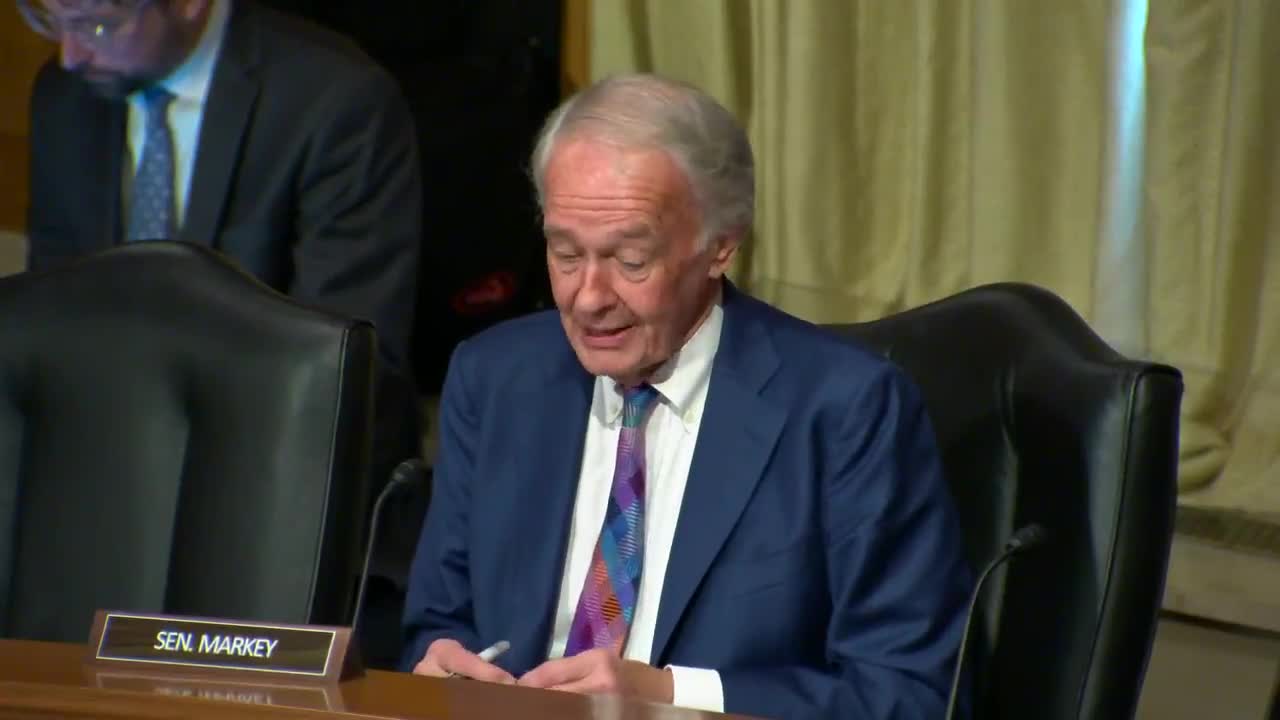AI Race Heats Up as Nations Compete for Tech Supremacy
September 25, 2024 | Health, Education, Labor, and Pensions: Senate Committee, Standing Committees - House & Senate, Congressional Hearings Compilation
This article was created by AI summarizing key points discussed. AI makes mistakes, so for full details and context, please refer to the video of the full meeting. Please report any errors so we can fix them. Report an error »

During a recent government meeting, key discussions centered around the implications of artificial intelligence (AI) in the context of geopolitical competition, workforce development, and regulatory challenges. Senators and experts highlighted the rapid advancements in AI technology and the varying rates of skill development across countries, particularly contrasting the United States with nations like Singapore, India, and Israel.
Dr. Kimbrell noted that while the U.S. maintains a significant share of AI talent, other countries are outpacing it in terms of growth in AI literacy and technical skills. He cited Singapore's government-funded training programs as a notable example of proactive workforce development. Meanwhile, Mr. Kujahn emphasized the competitive landscape between the U.S. and China, pointing out that China has implemented regulations requiring AI-generated content to be clearly labeled, a move that contrasts with the U.S. approach, which is often slower due to its democratic processes.
The meeting also addressed the challenges of regulating AI technologies, particularly concerning the ethical implications of AI-generated content. Participants discussed the difficulties in establishing standards and guidelines, with some arguing that regulation alone cannot mitigate the risks posed by AI. Mr. Meyer stressed the need for a balance between responsible use of AI and the practicalities of implementation, especially for organizations with limited resources.
The conversation underscored the importance of fostering an informed public and developing social norms around AI usage, as well as the necessity for ongoing dialogue about ethical standards in AI development. As the meeting concluded, it was clear that while the U.S. remains a leader in AI, the need for strategic action and collaboration is critical to maintaining its competitive edge in the global landscape.
Dr. Kimbrell noted that while the U.S. maintains a significant share of AI talent, other countries are outpacing it in terms of growth in AI literacy and technical skills. He cited Singapore's government-funded training programs as a notable example of proactive workforce development. Meanwhile, Mr. Kujahn emphasized the competitive landscape between the U.S. and China, pointing out that China has implemented regulations requiring AI-generated content to be clearly labeled, a move that contrasts with the U.S. approach, which is often slower due to its democratic processes.
The meeting also addressed the challenges of regulating AI technologies, particularly concerning the ethical implications of AI-generated content. Participants discussed the difficulties in establishing standards and guidelines, with some arguing that regulation alone cannot mitigate the risks posed by AI. Mr. Meyer stressed the need for a balance between responsible use of AI and the practicalities of implementation, especially for organizations with limited resources.
The conversation underscored the importance of fostering an informed public and developing social norms around AI usage, as well as the necessity for ongoing dialogue about ethical standards in AI development. As the meeting concluded, it was clear that while the U.S. remains a leader in AI, the need for strategic action and collaboration is critical to maintaining its competitive edge in the global landscape.
View full meeting
This article is based on a recent meeting—watch the full video and explore the complete transcript for deeper insights into the discussion.
View full meeting